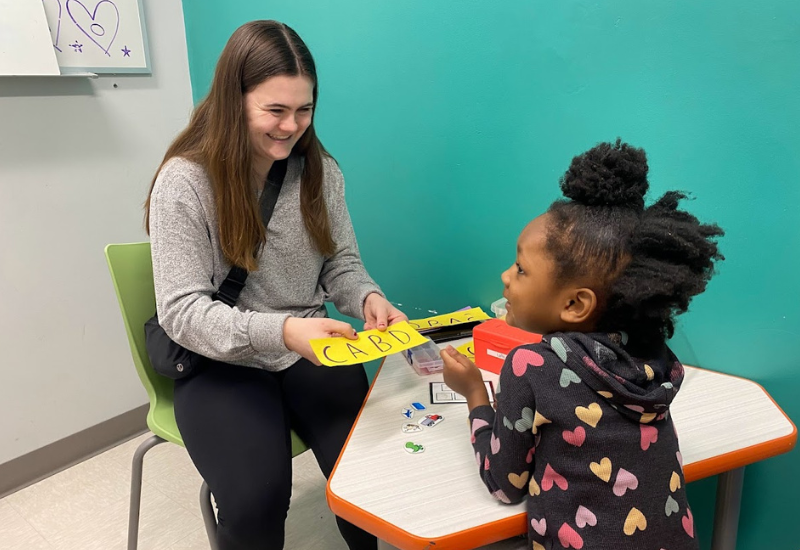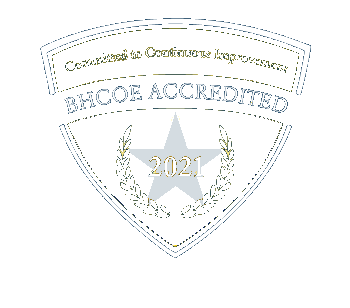
Your parental instinct is to always support your child. For children with autism, parental support is crucial. The first step to advocate for your child is to understand what resources are available to you. Advocacy for children with autism can be challenging, because of hurdles related to awareness, communication, and collaboration. Some important first steps are to:
- Learn about autism and your child’s diagnosis.
- Understand your child’s unique needs.
- Learn about the rights of children with disabilities.
- Investigate all the options related to your child’s education.
With this knowledge, you will be able to make the best choices for your child and advocate on their behalf.
1. Learn about autism
By understanding your child’s diagnoses and unique needs, you will be able to:
- Ask your autism therapists more detailed questions.
- Understand the terminology used during parent trainings.
- Make informed decisions for your child.
Knowledge about autism can make you a more active voice and participant in your child’s treatment decisions.
2. Understand your child’s unique needs
Observe your child’s reactions to settings, things, foods, etc. What does your child find stressful or upsetting? What situations may increase the likelihood your child exhibits challenging behavior or distress? If you understand the underlying causes, this will enable you to help set your child up for success across environments and activities.
Just as important is learning what your child finds calming or enjoyable. Learning these will help your child engage in coping skills. Toys, items, or activities your child likes can also be used to assist in teaching your child prosocial behaviors including communication, following directions, and using coping skills.
3. Learn about the rights of children with disabilities
There are rights and services available for your child with autism! Federal and state laws are in place to support your child’s access to education and therapeutic support. Local autism agencies and support groups also offer information and resources to parents. Additionally, there are state level resources for families that support financial, medical, and wellness needs.
4. Review all the options that may support your child’s development
Depending on your child’s age and the medical necessity from their autism diagnosis, there may be various options available to help your child thrive. Autism service providers, like Helping Hands Family, can help younger children develop:
- Social skills
- Effective communication
- Learning readiness
- Coping and resiliency skills
Children who are not yet of school age may qualify for an Individual Family Service Plan (IFSP), which grants them access to resources such as speech, early intervention, and occupational therapy. School age children may qualify for Individualized Education Program (IEP) .
Some children may have a mix of services from an autism service provider and an IEP. Our HHF clinical team has helped parents maintain continuity of care between the HHF autism clinic and the school. For example, BCBAs may collaborate with the school on goals for your child or even train the classroom aids how to respond to challenging behavior.
Helping Hands Family understands how challenging it may be for families to access the appropriate services for their child. Although advocating is an instinct, it does not mean it is always easy. By seeking additional support, gaining knowledge, and identifying the specific supports your child needs, you will be able to further support your child in achieving their full potential.
If you have questions regarding treatment options for your child, reach out to our clinical team! We can answer your questions and offer you more information about our autism treatment approach, ABA therapy, which is play-based and child led. Through our intake process, we can help you determine whether HHF’s autism treatment is a fit for your child!





